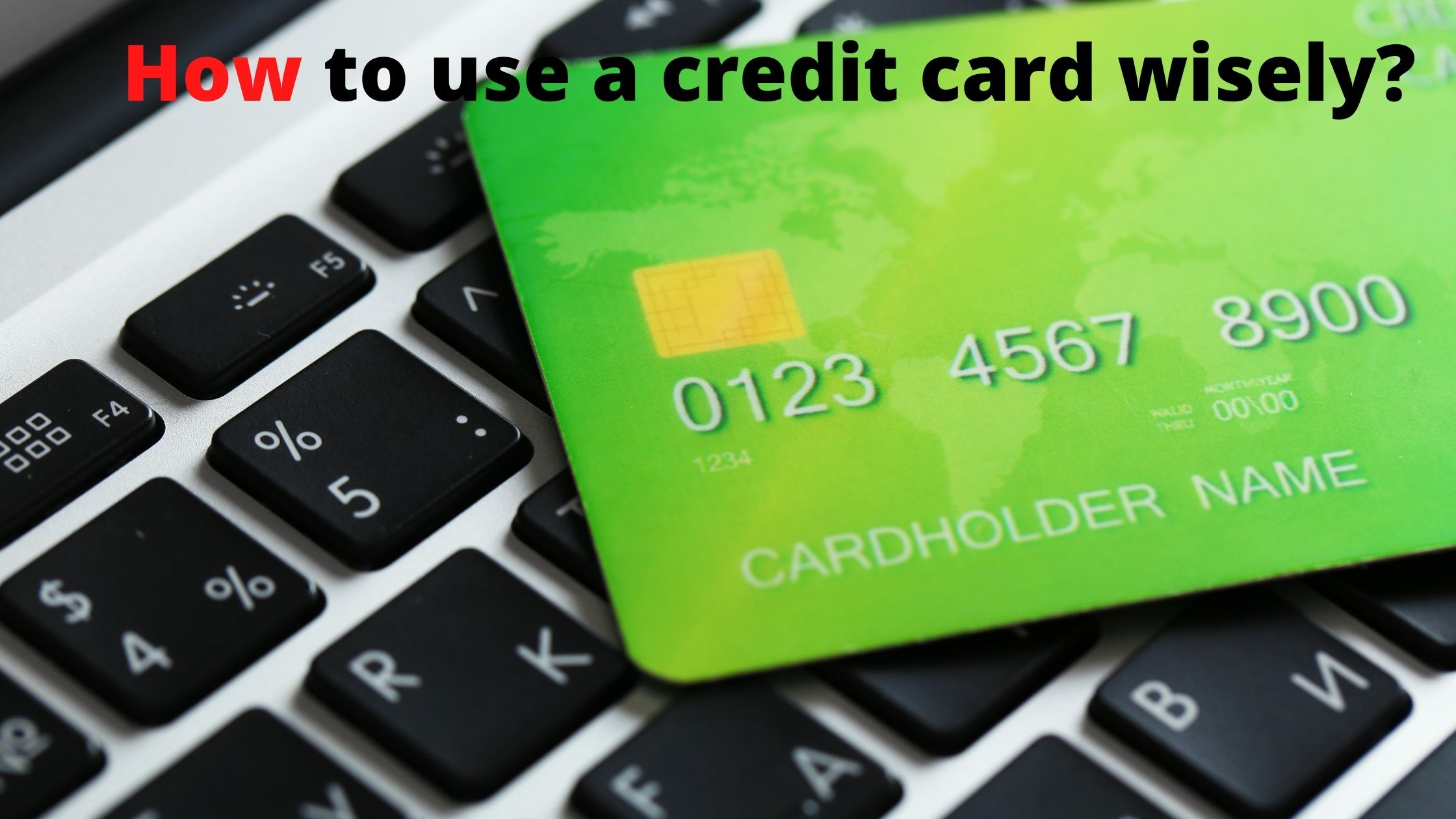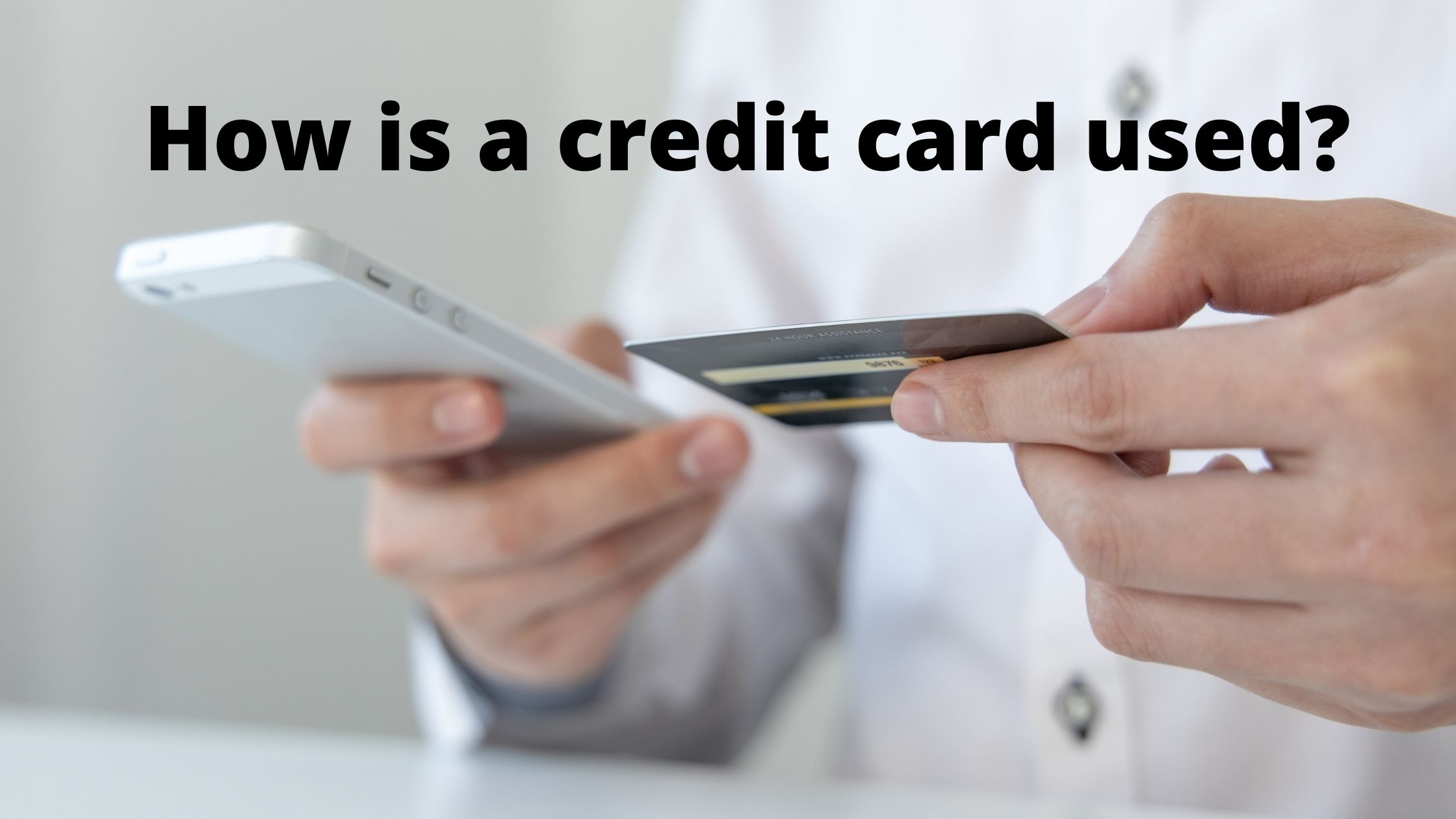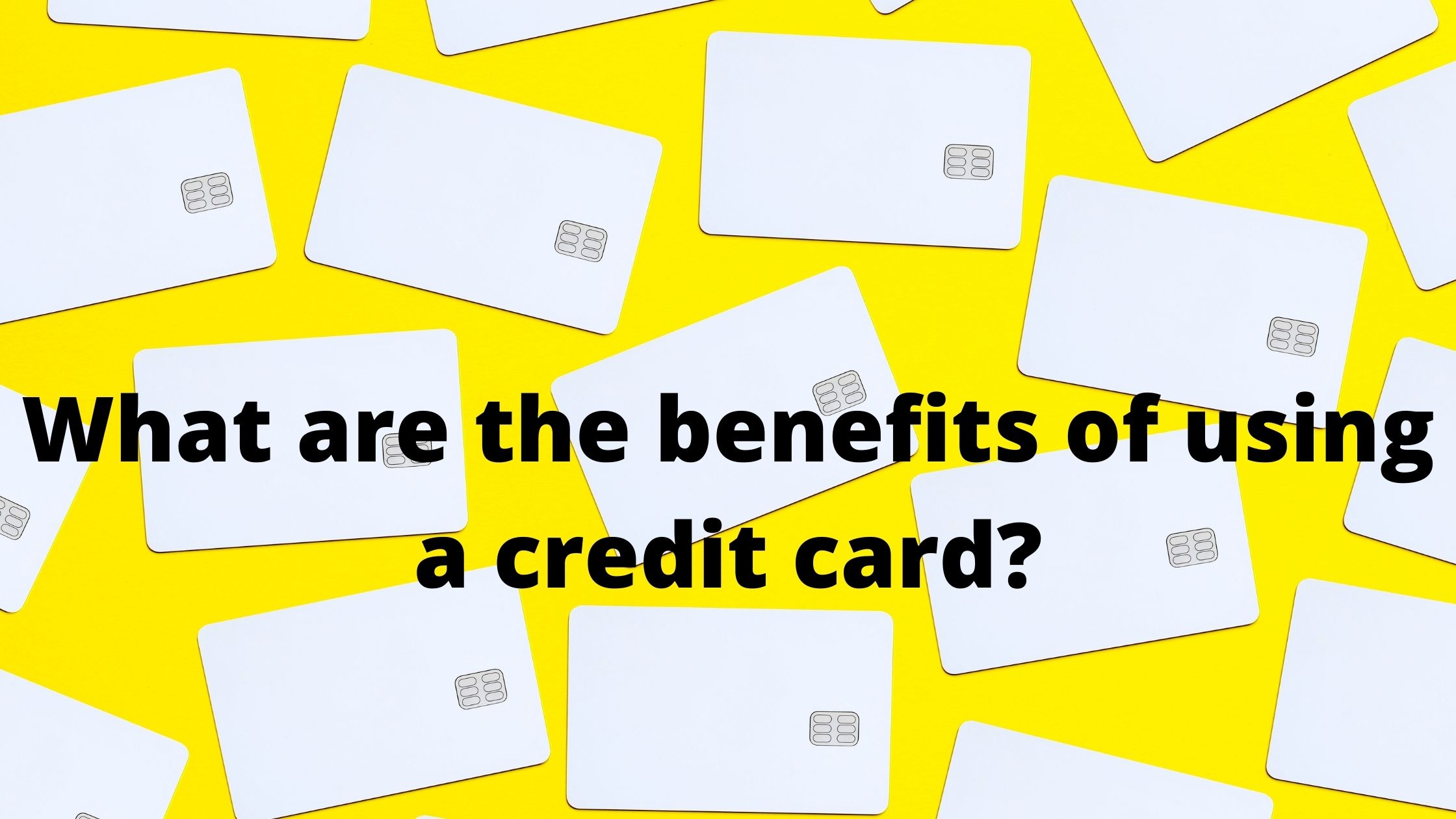If you’re like most people, you probably use your credit card for convenience and to stretch your spending a bit further. But is that always a good idea? In this article, we’ll show you five ways to improve your personal finances by using a credit card wisely.
What is a credit card?
A credit card is a type of financial instrument that allows you to borrow money from a lender. You use the credit card to purchase items or withdraw cash from an ATM. When you use a credit card wisely, you can improve your personal finances.
When you use a credit card responsibly, you will avoid paying interest on your borrowed money. Interest is the fee that banks charge for lending money to customers. It can add up quickly, and often requires monthly payments that can become burdensome.
It is also important to be aware of the spending limits that are set for each credit card. These limits help to keep you from borrowing more than you can realistically afford to repay. By following these guidelines, you can improve your financial situation and save yourself from unnecessary debt.
How is a credit card used?
A credit card is a financial instrument that allows you to borrow money from a lender. When you use your credit card, the lender gives you a line of credit. This line of credit allows you to spend money that you do not actually have.
When you use your credit card, it is important to be aware of the terms and conditions of the card. These terms will tell you how much money you can borrow, how long the loan will last, and other important information. It is also important to keep track of your spending habits so that you can avoid overspending on your credit card.
If you are ever in trouble with your credit card debt, it is important to reach out for help. There are many resources available to help people with their debt struggles.
Types of credit cards
There are several different types of credit cards, and each has its own benefits and drawbacks. Here are some of the most common types of credit cards:
-Debit cards: These are used to withdraw cash from an ATM or to make purchases in stores. They have low interest rates and no fees.
-Credit cards: These are used to borrow money from a lender. They have high interest rates, which can be as high as 29% APR, and fees that can include late payments and over-the-limit charges.
-Prepaid cards: These are similar to credit cards, but they don’t require a credit score. They’re great for people who want to build up a good credit history without having to take on too much debt.
It’s important to choose a credit card that’s right for you. Make sure to read the terms and conditions carefully before applying. Also, be aware of your spending limits and use caution when using plastic to buy things you can’t afford to lose (like cars or homes). By following these tips, you can improve your personal finances by using a credit card wisely.
What are the benefits of using a credit card?
There are many benefits to using a credit card, both for you and for the card issuer.
For you, using a credit card can offer some great benefits, such as access to credit limits that you might not be able to get elsewhere. This means that you can borrow more money than you would if you just used a debit or bank account.
Credit cards also often have low interest rates, which can save you money in the long run. Plus, if you ever need to make a quick payment or deal with an unexpected expense, a credit card can help you do so without having to worry about damaging your credit score.
On the side of the card issuer, using a credit card can help them build user loyalty and increase the number of customers they have. Cards that offer rewards programs are especially successful at this. This is because people love getting things for free, and credit cards are one of the few places where this is possible.
How to use a credit card wisely?
There are a few things that you can do to use your credit card wisely. First, be aware of your spending patterns. Make sure that you know exactly how much you are spending on each purchase. This will help you to keep track of your finances and make better decisions about how to use your credit card.
Another thing that you can do to use your credit card wisely is to pay off your balance every month. This will help to reduce the amount of interest that you are paying and will also improve your credit score.
Finally, be cautious about using your credit card for emergencies. If an emergency arises and you do not have any money saved up, do not use your credit card to cover the cost of the emergency. Instead, try to find a way to cover the cost out of pocket or borrow money from a friend or family member. These tips will help you to use your credit card wisely and protect your financial security
Conclusion
Improving your personal finances is a complex process that requires time and effort. However, by using a credit card wisely, you can make strides in improving your financial stability and even create some extra money flow within your household budget. Here are five tips for improving your credit card usage:
1. Make sure you understand the terms and conditions of each credit card before applying. It is important to read the fine print so that you know what expenses are allowed and which ones will result in high interest rates or fees.
2. Use cards with low interest rates where possible. This will help keep your overall debt burden low while still allowing you to build up substantial borrowing capacity over time.
3. Pay off debts as soon as possible to minimize interest payments and maximize earnings on outstanding balances. This will also help improve your credit score in the long term.
4. Only use cards for necessary expenses – don’t spend more than you can afford to pay back each month, and avoid

